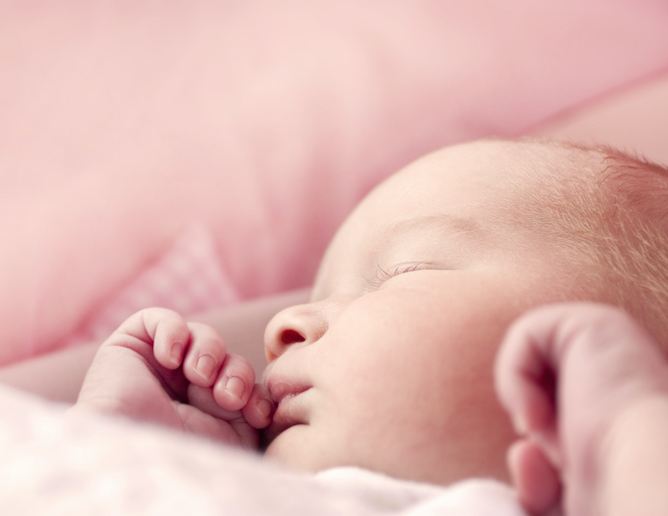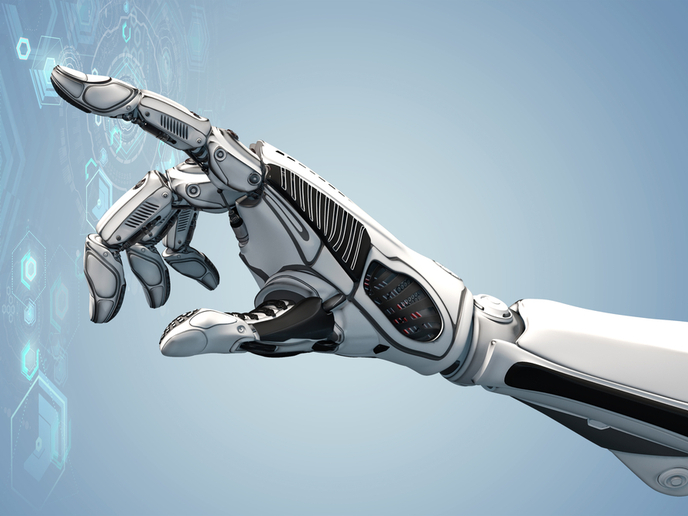The world’s first smart mattress for infants
Sleep is fundamental to infant brain, musculoskeletal and social development, with several studies suggesting that sleepless infants are also at a higher risk of being overweight. Poor infant sleep also obviously impacts parental health. Yet, good sleep is a habit that can be learned. The Ecus-designed(opens in new window) SensoDream infant mattress incorporates sensors and a data processing unit, alongside a smart app which sends parents notifications. EU support enabled the team to conduct a Feasibility Study which, while confirming commercial viability, highlighted technical improvements necessary for the product to reach its full market potential.
Reassuring parents
New parents frequently interrupt their own sleep to check that their infant is sleeping well. This parental concern was at the heart of the SensoDream solution. “Obviously infants can’t explain why they are either awake and crying or sleeping soundly, so patterns can appear to come down to luck,” explains Lucía Soriano, responsible for project marketing. Traditional infant mattresses are usually simply smaller versions of adult varieties. With an infant typically weighing 3-4 kilos compared to an adult average of 80, and with different sleeping patterns and ailments, infants’ mattresses are not meeting their needs. Additionally, monitoring devices in the market are typically basic audio/video systems or wearable tech which often irritates the infant, such as wristbands. SensoDream’s innovation was to integrate technology into the mattress itself, which, being in touch with the infant, monitors without disturbing sleep. The mattress contains a special foam with transpiration features that dissipates gases like CO2 and is devoid of harmful chemicals. It has a significant number of sensors which are positioned to detect movement, while measuring pressure, temperature and humidity. To further protect the infant, the sensors are connected through thin wire to a data controller, also within the mattress, which transmits the information to the cloud for analysis and storage. Later, the data is sent to users’ smart apps which can display it as charts, peer group comparisons and recommendations. This app shows the real-time status of the infant (asleep, awake, sleepy) while tracking sleep and calculating sleep efficiency. It also gives alarms and warnings, such as ‘the baby is getting hot’, allowing parents to make adjustments, and shows an infant’s sleep over time alongside the variables affecting it. All data use complies with the GDPR(opens in new window) and EU law.
Better infant sleep offers better health for all
Insufficient sleep is linked to seven of the 15 leading causes of death(opens in new window). SensoDream supports EU initiatives to ensure better sleep for better health by addressing the need of the most vulnerable (infants). It also stimulates healthcare innovation, by harnessing advanced monitoring and communications technologies, and contributes to the European health research and innovation ecosystem. The project achieved the last by making cloud-based sleep pattern data available to health professionals. Ecus has already manufactured a SensoDream prototype which, while validated in real environments, needs to be upgraded before reaching the market. “Sensors have to be improved and integrated more effectively into the mattress, along with the introduction of new ones, for example to monitor noise. Secondly, the electronics should be aligned to Internet of Things standards for smart home connections,” says Soriano. Initially, the team intend to launch in Europe before expanding to Asia, then finally North America.







